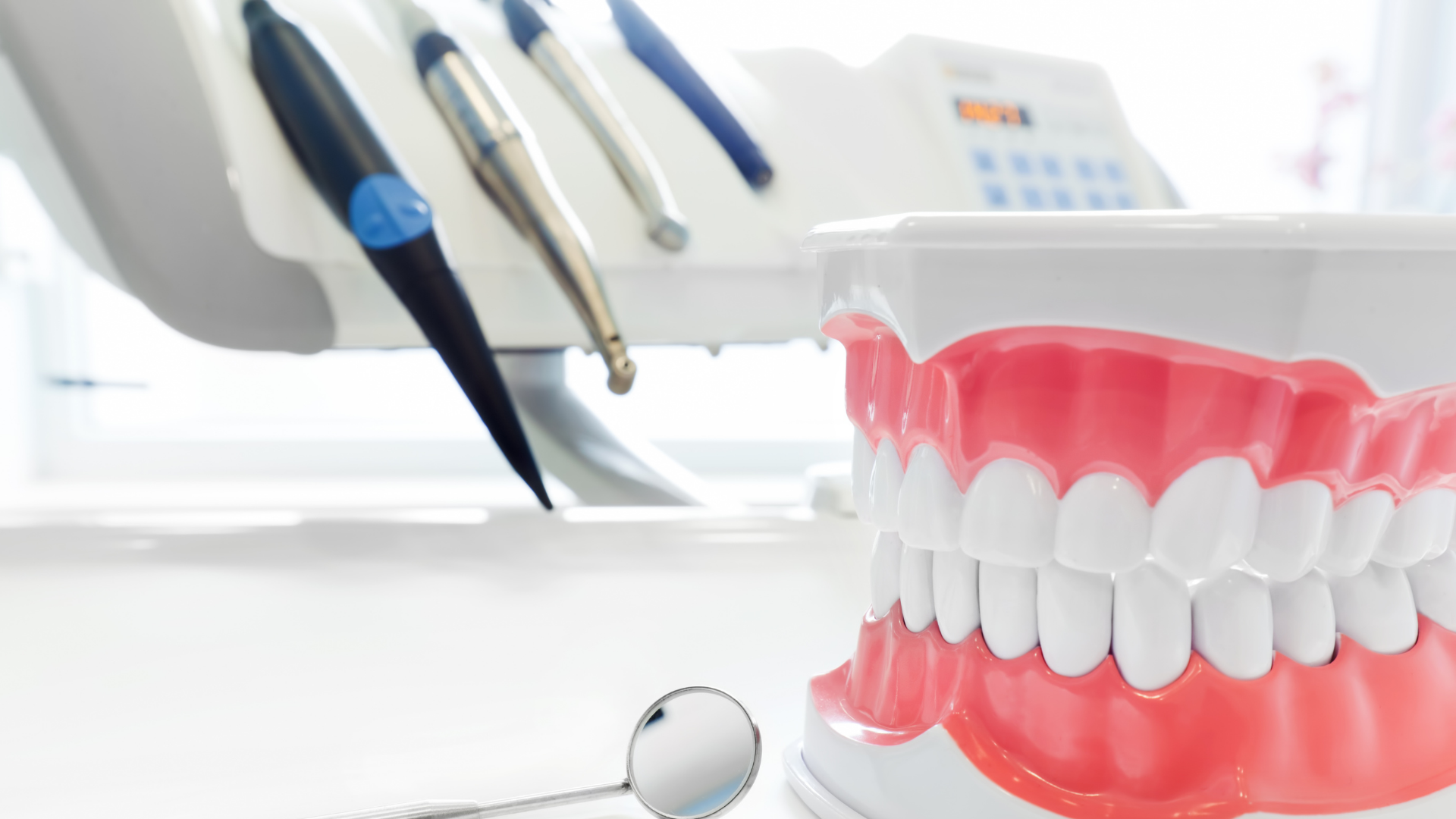Speaking as someone who cares deeply about long-term health and wellness, I’ve learned that caring for my teeth goes well beyond brushing twice daily. Preventive dentistry plays a major role in my personal health routine because it helps avoid oral health issues before they start. Daily habits and semiannual dental checkups have greatly minimized my chances of developing cavities, gum disease, or tooth loss. In this guide, I’m sharing my understanding and experience with preventive dental care’s core principles and how they have benefited me.
Preventive Dental Care: Basic Principles
At its most fundamental level, preventive dentistry involves recognizing an issue early and taking immediate action. I’ve discovered that staying one step ahead of potential dental problems reduces the need for invasive procedures later. This means committing to regular checkups, professional cleanings, and maintaining consistent oral hygiene. Here are the key components I follow:
- Dental checkups twice a year
- Professional cleanings
- Fluoride treatments and sealants
- Brushing and flossing correctly
- Nutritional advice
- Lifestyle evaluations
By incorporating these steps into my lifestyle, I’ve established a strong foundation for oral health and greatly reduced the need for treatments like root canals, extractions, or more extensive dental procedures.

The Role of Preventive Dentistry in Maintaining Healthy Teeth for Life
It Prevents Common Dental Issues
When I follow my preventive routine, I actively control harmful bacteria, plaque, and tartar. My dentist always emphasizes brushing and flossing twice daily to avoid cavities, gum inflammation, and enamel loss. Catching minor problems early has saved me from bigger, more painful issues in the future.
It Simplifies Treatment Through Early Detection
Many dental problems start subtly and can develop without noticeable symptoms. By visiting the dentist every six months, my dentist can spot signs of decay, cracked teeth, or gum recession long before I notice anything. Treating a small cavity early on is much simpler (and less expensive) than needing a root canal later.
It Reduces My Risk of Gum Disease and Tooth Loss
Gum disease—one of the leading causes of adult tooth loss—often begins with unnoticed plaque buildup along the gumline. To fight this, I rely on deep cleanings that remove tartar in areas my toothbrush can’t reach. These cleanings help keep my gums healthy and prevent infections from progressing.
It Saves Me Money in the Long Run
Preventive care is not only good for my health—it’s financially savvy, too. Regular cleanings and early treatments are far less expensive than complicated dental procedures. Plus, since most insurance plans cover preventive services, I’m making the most of my coverage.
It Supports My Overall Health
Oral health is closely connected to overall health. Poor oral hygiene can contribute to heart disease, diabetes, and pregnancy complications. Keeping my mouth healthy plays a vital role in maintaining my general well-being.
The Preventive Rituals I Follow to Keep My Teeth Healthy
Daily Oral Hygiene
Each day, I dedicate time to proper brushing and flossing. Here’s what works best for me:
- Brushing twice daily with fluoride toothpaste
- Replacing my toothbrush every 3–4 months
- Flossing daily to clean between teeth
- Using antibacterial mouthwash to reduce bacteria and maintain fresh breath
Routine Dental Visits
I never miss my six-month dental checkup. These visits help my dentist catch issues early and clean areas I can’t reach myself. Taking a little time twice a year has dramatically impacted my oral health.
Fluoride and Sealants
Even as an adult, fluoride treatments protect my enamel and prevent decay. I also learned that sealants aren’t just for kids—adults with deep grooves in their molars can benefit from them too.
Smart Food and Lifestyle Choices
I’ve made my diet more tooth-friendly by reducing sugar and eating more fruits, vegetables, and whole grains. Staying hydrated, avoiding tobacco, limiting alcohol, and managing conditions like diabetes have all supported my oral health.
The Safety and Benefits of Fluoride for Adults
Many people think fluoride is just for kids, but I’ve found it incredibly beneficial as an adult, too. Suppose you have dry mouth, exposed roots, or a history of cavities like I do. In that case, your dentist can apply professional fluoride treatments to help remineralize your enamel and reverse early decay.
The Long-Term Benefits of Prioritizing Preventive Dental Care
Making preventive dental care a priority has saved me from painful dental problems, lowered my healthcare costs, and improved my quality of life. Healthy teeth help me eat well, speak clearly, and smile confidently. With all the preventive tools available—at home and in the dental office—staying on top of my oral health is easier than ever, and the benefits truly last a lifetime.
Frequently Asked Questions (FAQs)
How often should I visit the dentist for preventive care?
Most individuals should see a dentist every six months. However, those with higher risk factors, such as smokers, diabetics, or people with a history of gum disease, may require more frequent visits.
Can preventive dentistry eliminate the need for a root canal?
While not all root canals can be avoided, many are preventable through early detection and intervention. Catching tooth decay early allows for conservative treatment, reducing the chance of infection reaching the tooth pulp.
Are fluoride treatments safe for adults?
Yes, fluoride is safe and effective for adults. It strengthens enamel and can reverse early signs of decay. Adults with dry mouth, gum recession, or a history of cavities often benefit from professional fluoride treatments.
Is preventative dentistry suitable for children?
Absolutely. Preventive dentistry should start as early as a child’s first tooth eruption. Early care helps establish good habits and reduces the risk of dental problems in adolescence and adulthood.
What role does diet play in preventive dental care?
Diet has a significant impact. A high-sugar diet promotes tooth decay, while foods rich in calcium, phosphates, and vitamins support enamel health. Drinking water, especially fluoridated water, also helps wash away food particles and bacteria.